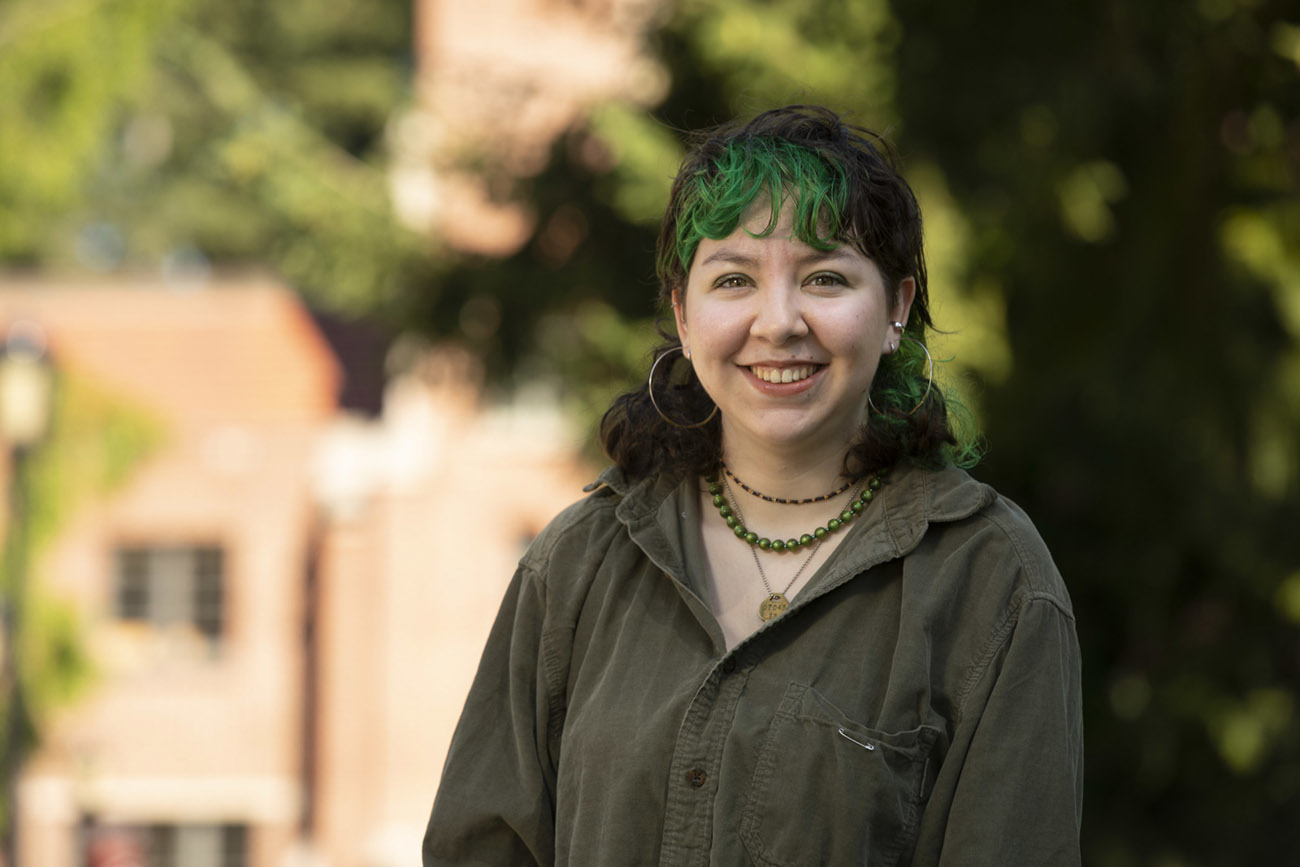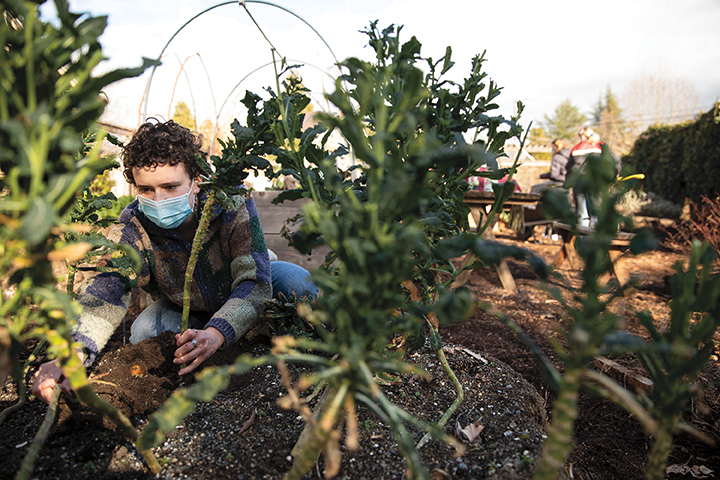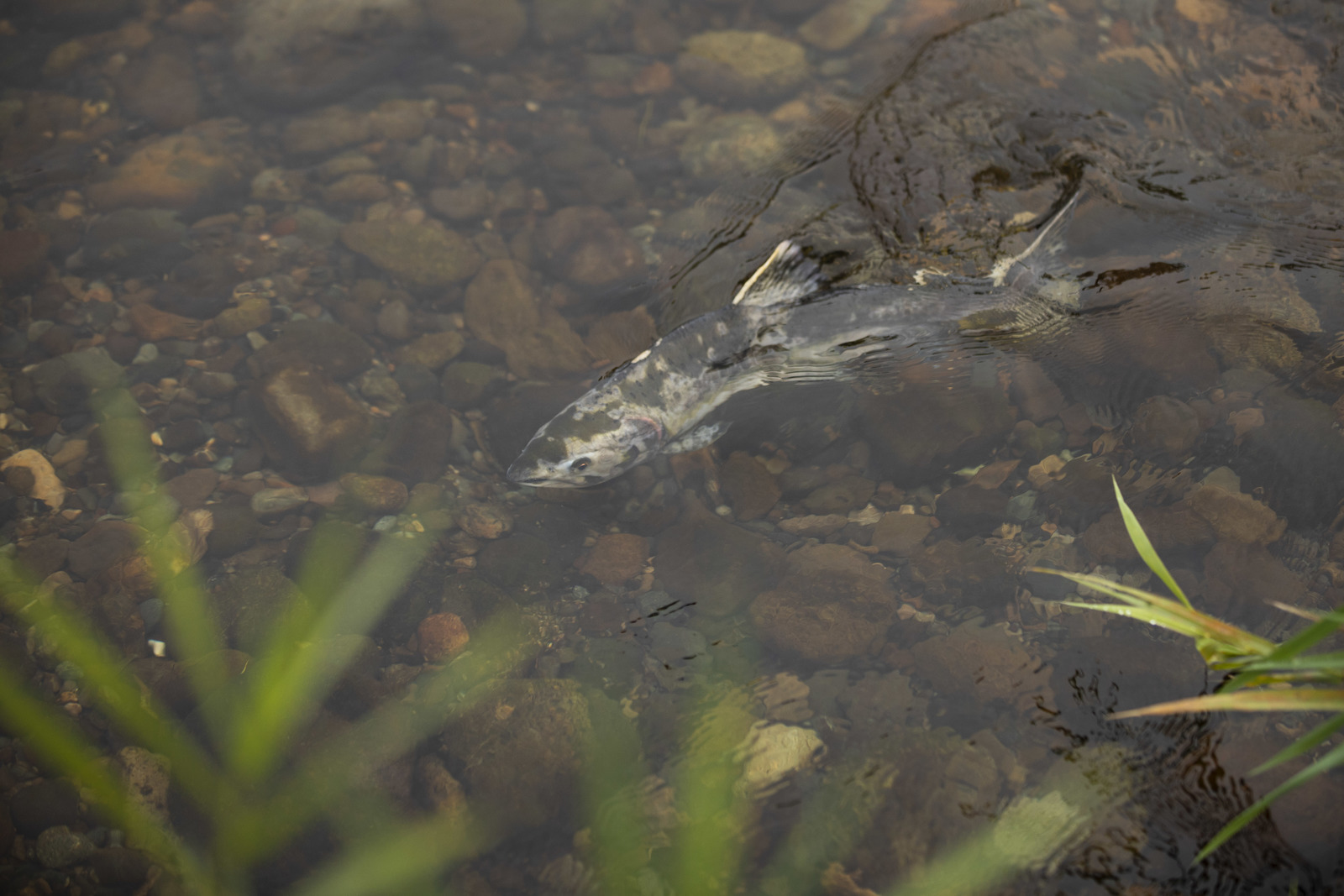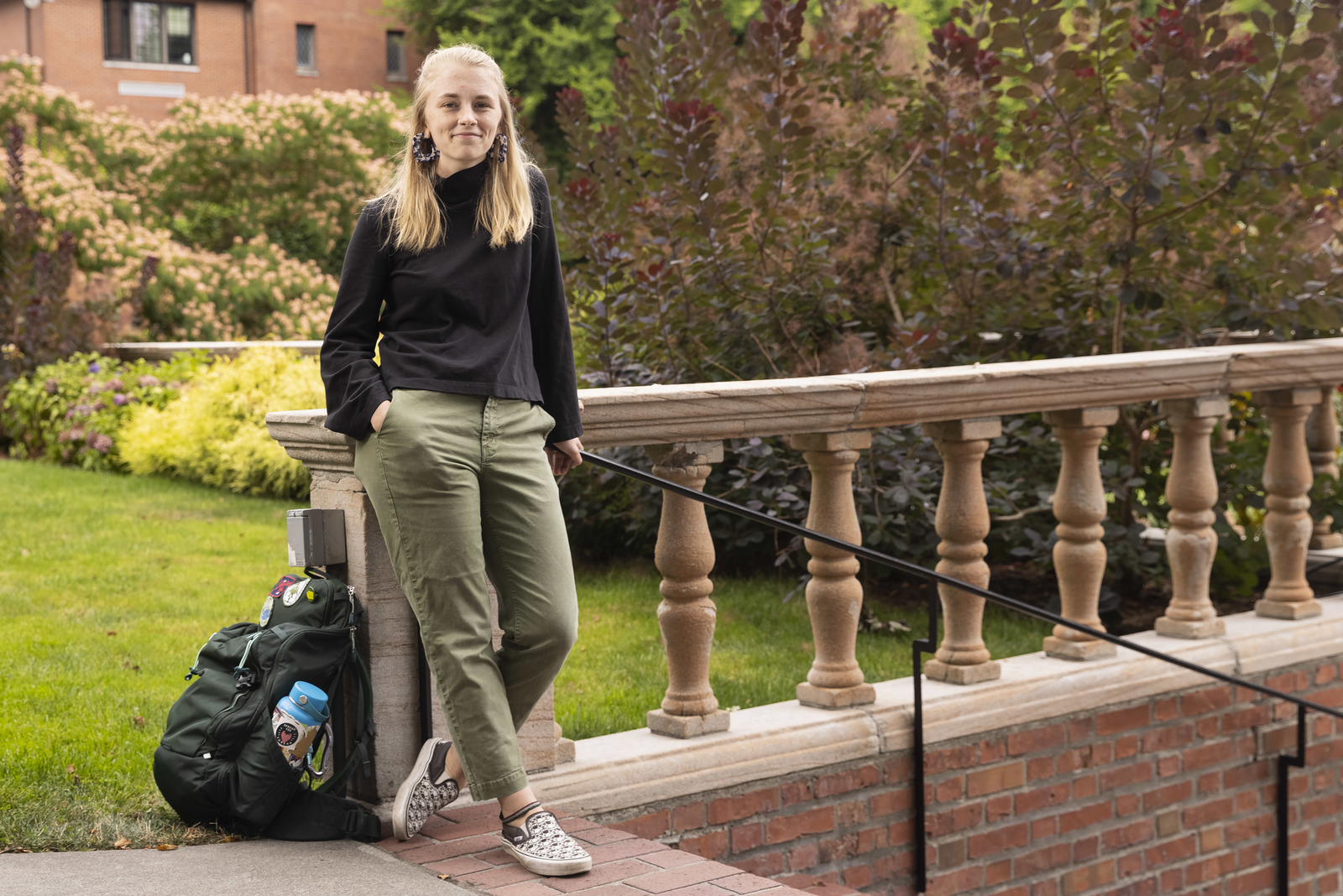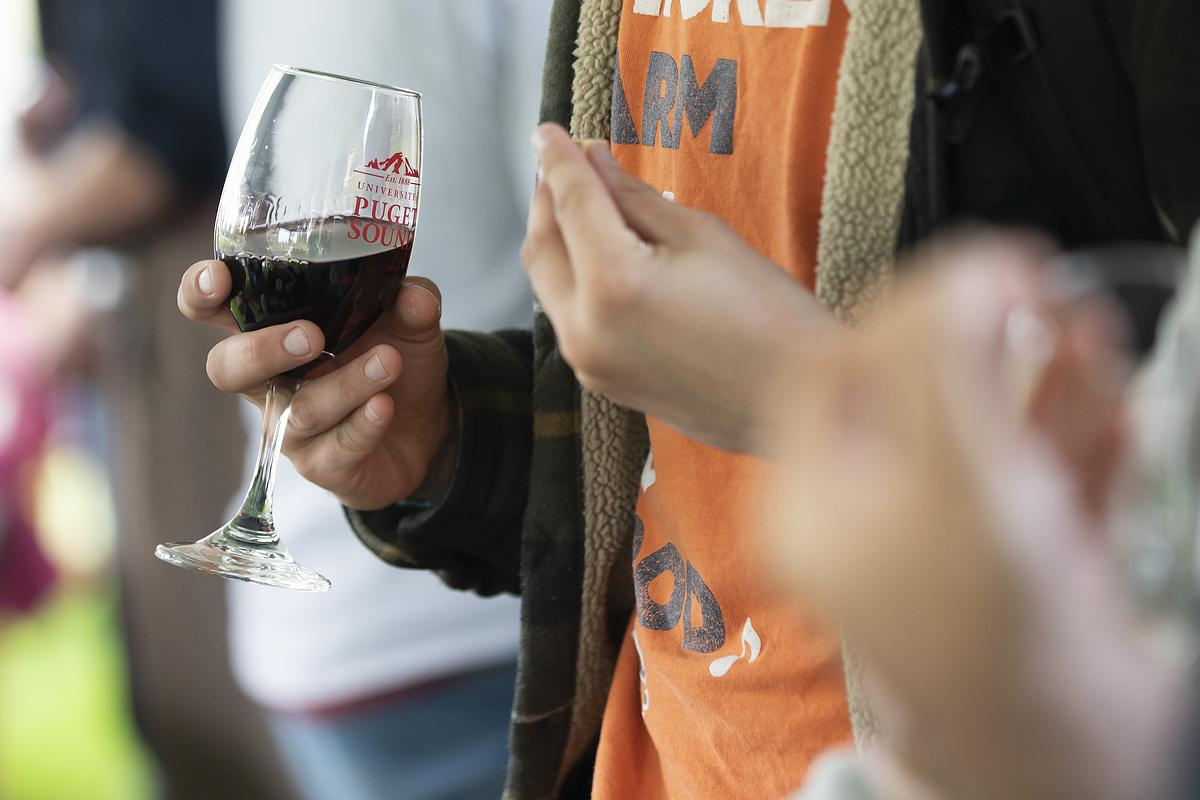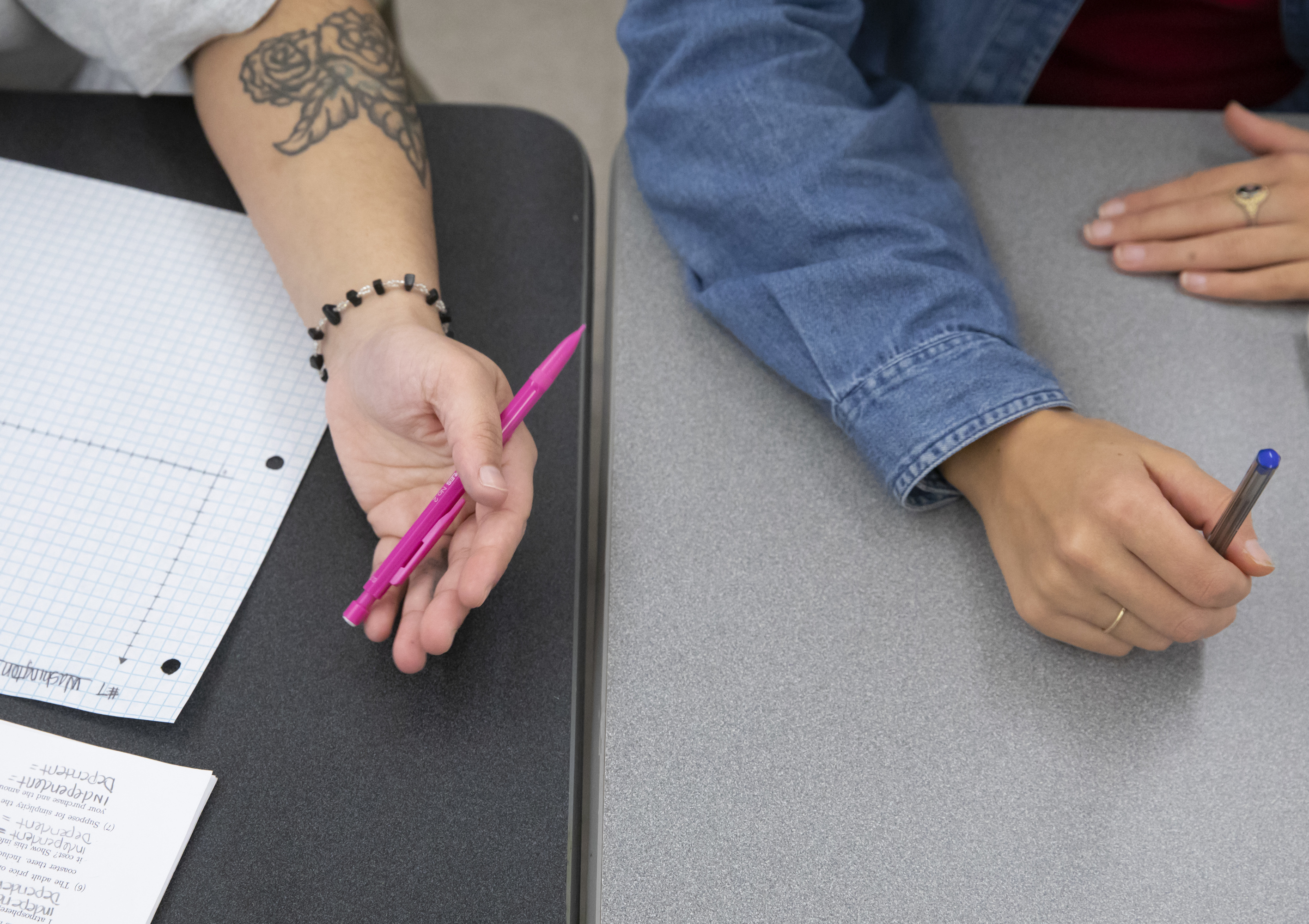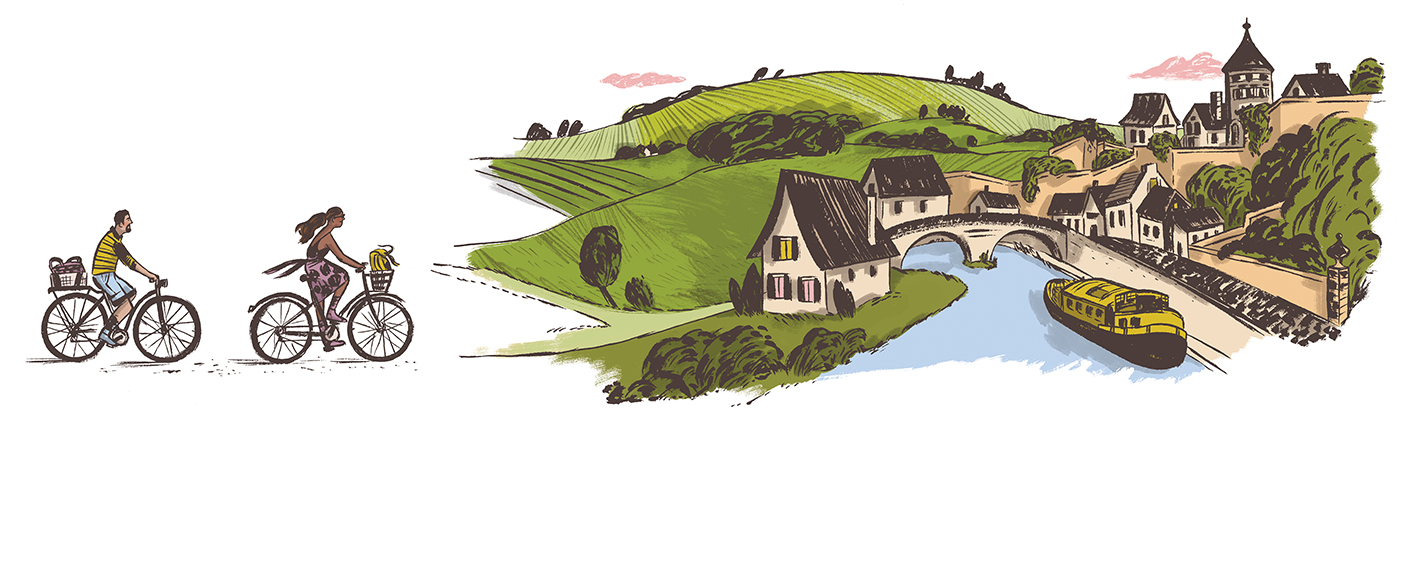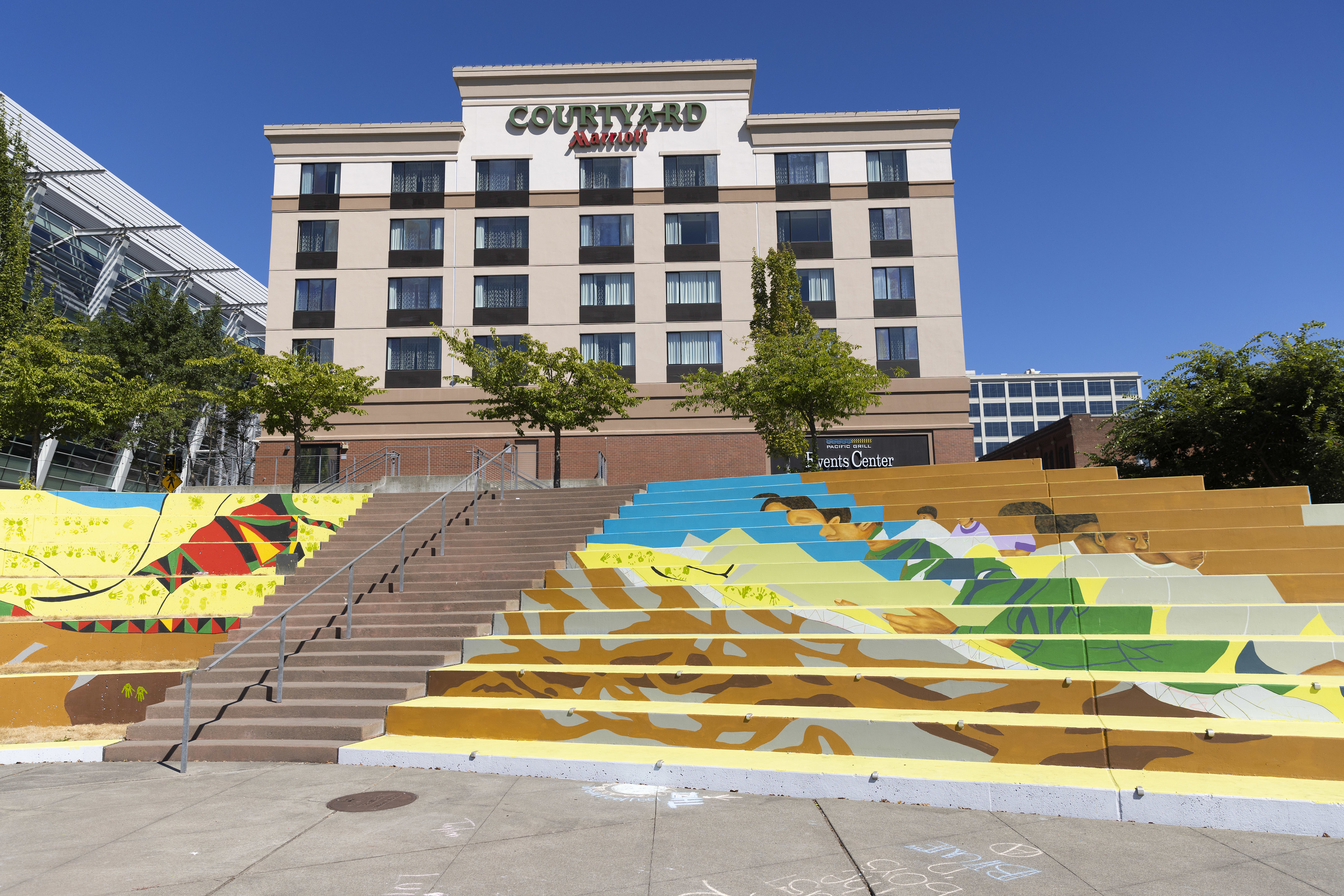Bella Rodriguez ’24 has uncovered the history of 1960s Cuban refugees in the Pacific Northwest.
Growing up in Portland, Ore., Bella Rodriguez ’24 was struck by the absence of Latino stories in the narrative of the city’s history. It wasn’t until she started studying history, environmental policy and decision making, and Latina/o studies at University of Puget Sound that she started to ask questions about the history of Latinos in her hometown. That curiosity led her to dig deep into the city’s complicated racial history and uncover the story of the Cuban refugee community that sprang up almost overnight in the 1960s.
“My family is Dominican, but there’s a lot of shared community in Portland between Dominicans and Cubans,” Rodriguez says. “I knew I wanted to research the history of the area, and my dad told me that there used to be a lot more Cubans there when he was growing up. In fact, he said, there were a lot of Cuban women who would watch him when he was little.
“That’s when I first heard about Operation Pedro Pan.”
Following Fidel Castro’s rise to power in the Cuban Revolution of 1959, Cubans who opposed the new communist regime started to look for ways to get their families off the island. In response, a group of Catholic charities organized Operation Pedro Pan—a massive effort to evacuate children to the United States with the tacit approval of the U.S. government.
